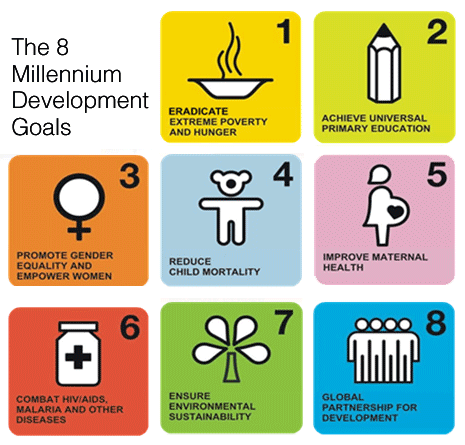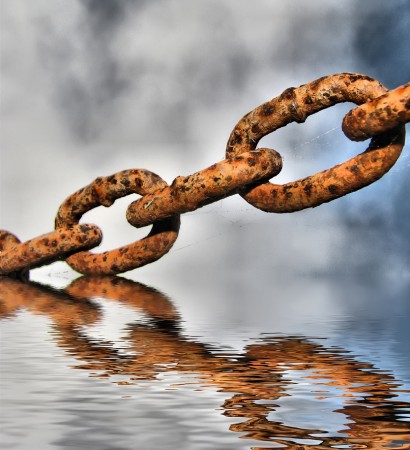If there is a keyword that best summarizes this week’s international agenda it’s this: UN Millennium Development Goals. Ten years into the third millennium and five years before the goals need to be attained, at the occasion of the UN summit taking place in New York today and tomorrow, political leaders, activists, journalists and academics discuss what has already been achieved and what still needs to be done.
What are we talking about? The Millennium Development Goals (MDGs) are a set of eight goals, with several concrete targets each, to which all 192 UN member states as well as dozens of international organizations committed in 2000:

The situation regarding the goals doesn’t look as bleak as some like to imply. But it doesn’t look too good either.
For a more nuanced evaluation, check our our Digital Library, where some or our partners from the north, south, east and west have published excellent reports, analyses and commentaries on 10 years of MDGs. Under the keyword UN Millennium Development Goals you will also find primary resources, such as the UN Millennium Declaration from 2000, organizations that deal with the MDGs, links and ISN news articles.
The fact that we still talk about the MDGs is, in my view, a surprising success for the UN leadership. It shows the UN’s agenda setting power. On the other hand, I’m still skeptical whether we’re not missing something by focusing on these eight development goals. And there is an inherent problem in the goals as with all output-oriented performance evaluation: You only measure what’s measurable and human well-being is notoriously difficult to measure.


